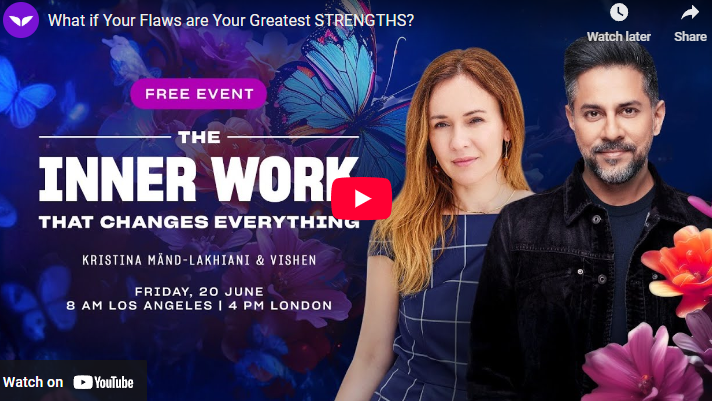
Embracing Flaws to Discover Strengths
In the dialogue titled What if Your Flaws are Your Greatest STRENGTHS?, the conversation meanders through the transformational journey of self-love. It challenges the ingrained belief that our imperfections must be polished away for us to shine. Instead, it posits that these very flaws can become the foundation of our unique strengths.
In What if Your Flaws are Your Greatest STRENGTHS?, the discussion dives into self-love and personal growth, exploring key insights that sparked deeper analysis on our end.
Awakening to Self-Discovery
The participants express a widespread sentiment: many feel lost and seek a shift. Christina, the speaker, emphasizes that recognizing our flaws and accepting them can lead us to a state of being flawsome—a term that resonates with the idea of being wonderfully imperfect. This perspective encourages individuals to steer away from childhood teachings focused on rectifying mistakes. Instead, it highlights the importance of self-acceptance and the understanding that imperfection is inherently part of being human. The sincerity of sharing vulnerabilities not only liberates oneself but can also create deep connections with others.
Brave Conversations and Personal Growth
Another notable takeaway from the discussion is the need for open conversations about self-love and acceptance, especially in a society that often magnifies our weaknesses. The notion that our self-perception reflects our interactions with the world can lead to powerful shifts in how we approach challenges. For example, Christina shares a personal epiphany from a moment while struggling with her business. It displays that learning to love oneself amidst setbacks can redefine paths and instigate significant change.
Empowering Others Through Our Stories
Moreover, the discussion about self-sacrifice in the face of societal expectations connects deeply with many individuals from collectivist backgrounds. This dynamic often leads to choosing others' needs over one’s well-being, making self-care seem selfish. Yet, as revealed in the conversation with the Dalai Lama, true happiness is essential for helping others. The more we align with our authentic selves and give ourselves permission to be happy, the greater the positive impact we can have on those around us.
Ultimately, this dialogue serves as a heartfelt reminder that our experiences, including our flaws and struggles, enrich our stories and can empower others. Accepting and celebrating our imperfections invites authentic connections and profound happiness. Consider reflecting on how embracing your *flawsome* nature can transform your relationships and, ultimately, your life!
 Add Row
Add Row  Add
Add 




 Add Row
Add Row  Add
Add 









Write A Comment